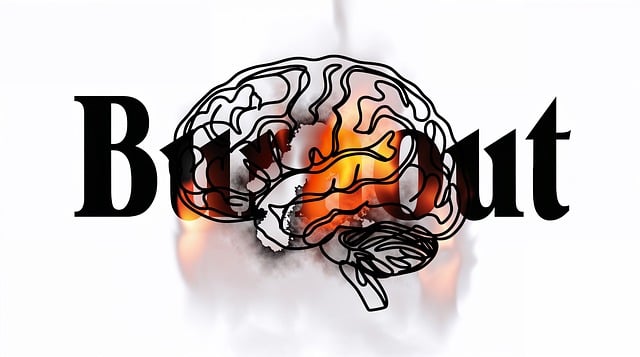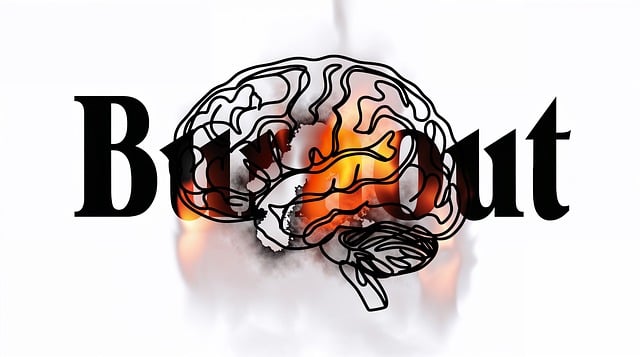In Highlands Ranch Terminal Illness Therapy, effective risk management is paramount for mental health professionals navigating complex cases and intense emotions. Through self-awareness exercises, emotional intelligence, and adherence to Mental Health Policy Analysis, therapists maintain objectivity and empathy. A comprehensive risk plan identifies challenges like managing complex cases, confidentiality, and ethical dilemmas, allowing tailored mitigation strategies. Emphasizing employee well-being with regular training and evidence-based practices, this proactive approach enhances the therapy center's reputation and contributes to crucial mental health dialogues.
Mental health professionals confront unique risks daily, from patient disclosures to challenging behaviors. Effective risk management planning is essential to ensure safe and ethical practice. This article explores strategies for navigating these complexities, focusing on developing a comprehensive risk plan. We delve into case studies, like the implementation of mitigation strategies at Highlands Ranch Terminal Illness Therapy, demonstrating practical approaches to protect professionals and enhance patient care. By understanding and managing risks, mental health practitioners can foster a healthier, more secure work environment.
- Understanding Risk in Mental Health Practice
- Developing a Comprehensive Risk Management Plan
- Implementing Strategies for Mitigation and Support at Highlands Ranch Terminal Illness Therapy
Understanding Risk in Mental Health Practice

In the realm of mental health therapy, understanding risk is paramount to effective practice. Risk, in this context, encompasses various factors that can impact both clients’ well-being and therapists’ professional lives. From managing intense emotions during therapy sessions to dealing with complex cases involving terminal illnesses, like those seeking Highlands Ranch Terminal Illness Therapy, professionals must be adept at navigating these delicate situations.
Self-Awareness Exercises and Emotional Intelligence play crucial roles in this process. By cultivating self-awareness, therapists can better recognize their emotional responses and potential biases, ensuring they remain objective and empathetic. Additionally, integrating Mental Health Policy Analysis and Advocacy into practice enables professionals to stay informed about relevant regulations and guidelines, thereby enhancing their ability to mitigate risks and provide the highest standard of care.
Developing a Comprehensive Risk Management Plan

Developing a comprehensive risk management plan is an essential step for mental health professionals to ensure they can effectively navigate potential challenges and risks within their practice. This involves identifying specific areas of concern, such as managing complex cases, maintaining confidentiality, or dealing with ethical dilemmas. By thoroughly assessing these risks, therapists in Highlands Ranch Terminal Illness Therapy can implement strategic mitigation measures tailored to their unique context.
In the realm of mental wellness coaching, risk management is not just about compliance; it’s a tool for fostering safe and supportive environments. Incorporating elements from the Mental Wellness Podcast Series Production and development of Mental Wellness Coaching Programs can enhance risk assessment capabilities. For instance, leveraging Emotional Intelligence allows coaches to better understand client vulnerabilities and proactively address potential triggers, thereby enhancing overall mental wellness and ensuring a secure coaching journey.
Implementing Strategies for Mitigation and Support at Highlands Ranch Terminal Illness Therapy

At Highlands Ranch Terminal Illness Therapy, a comprehensive approach to risk management is implemented, focusing on mitigation and support strategies tailored for mental health professionals. This includes fostering an environment that prioritizes employee well-being through regular training sessions aimed at enhancing resilience against workplace stress and trauma. By incorporating evidence-based practices and sharing best practices within the team, the therapy center ensures a robust safety net for its staff, enabling them to provide exceptional care to patients navigating terminal illness.
The institution actively engages in public awareness campaigns development, highlighting the importance of mental wellness in healthcare settings. Trauma support services are integral to this process, offering resources and programs that cater to the unique challenges faced by professionals in this field. Such initiatives not only strengthen the therapy center’s reputation but also contribute to a broader conversation about mental health, ensuring that those dedicated to supporting others receive adequate care and support themselves.
Mental health professionals must navigate complex risks daily, making risk management planning crucial. By understanding specific risks within their practice, such as client self-harm or confidential information breaches, therapists can develop robust strategies. The case study of Highlands Ranch Terminal Illness Therapy demonstrates the successful implementation of a comprehensive risk management plan, including staff training, crisis protocols, and client support systems. Adopting similar structured approaches enables professionals to create safe, nurturing environments for their clients while mitigating potential hazards effectively.














